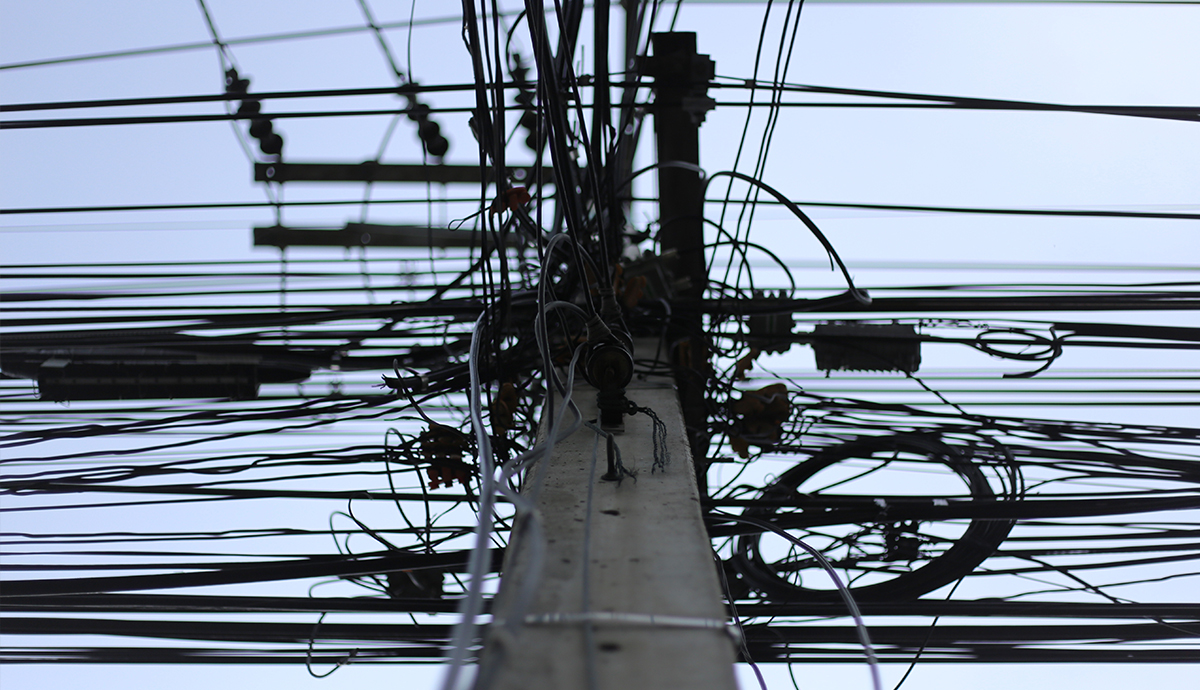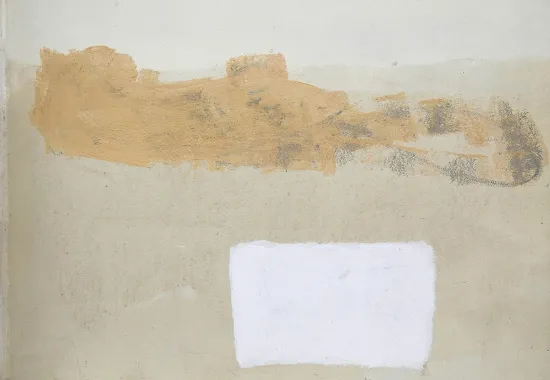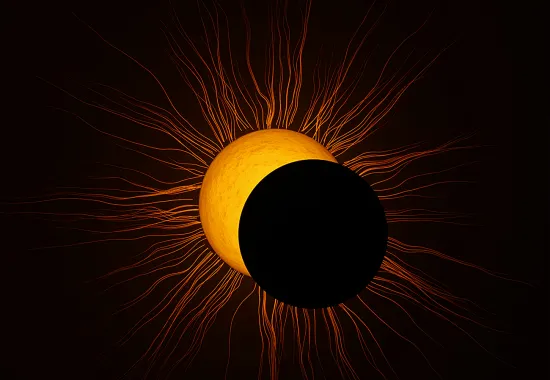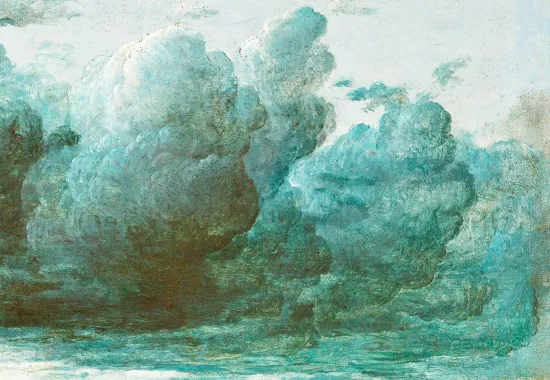The Show and Tell of Poetry’s Show & Tell
The most alluring Show & Tell blends the gesture of metaphor and the explicitness of saying it outright.
Many poems, in my view, do the same.
To read a poem is to engage beguiling Show & Tell. One comes to appreciate what the poet cares enough to write about – and learns the voice of her wondering, worrying, singing, or dissembling about those matters. One is enthralled or one is bored. One brews another cup of coffee or one picks up the TV clicker and poof.
Much of what poets call work resembles friskily serious Show & Tell. The front-of-the-room pine table a page can be, the chance to talk about what one likes to think one knows, that gift of audience. Its performance—both the writing as making and the co-making also known as reading.
In the poetry workshop, though, we trot out the hobbled old mare “Show, don’t tell” and bid her win the day once more. Sure, the goal here is to encourage swapping the dim bulb “I feel lonely” for lightning akin to Eliot’s Prufrockian “I should have been a pair of ragged claws,” metaphor to embody the language of loneliness with fresh voice and eye. That’s a staple of technique.
By insisting on showing-not-telling, however, we fence off what we know from the travail of our coming to know, as if the latter were achieved only by our willfully disregarding the former.
I’m thinking of how poet pals spurted “You can’t do that!” about my North American Review poem “A Brief History of History.” That piece aims to examine theories of history against the backdrop of the actual. If lucky, it gets close. Admittedly, those theories, shiny buttons on stodgy knowledge’s wool sweater, emerged from my reading. Blandly put, their stitched source is research. Why do we deem such acts of telling verboten in poems? Why not muse,
Von Ranke claims history’s the big story
of ‘what actually happened.’
Try that line on your gray professor –
or the cops.
Perhaps the poetic Show and Tell in play here is more properly regarded as Telling-as-Showing.
What intoxicates readers—and flabbergasts poets—is how frequently the sensible sedan of what we know spins out while negotiating The Big Question’s S-curves. Rather than smug certainty, revisiting with fresh eyes familiar thoroughfares of knowledge often delivers revelation. This luckily unlucky scene marks surety’s off-road skid, the usual burning flares and orange cones arrayed. Surprise arrives as the poems—and our daily muddles—redemptive tow truck.
That’s how Vermeer’s The Milkmaid and my parents’ powder blue ’57 Chevy land in a poem populated with Nietzsche, Levi Strauss, and Herodotus. They’re the vehicle through which one realizes in historical matters “the news is not the wreck / but who tells that story."
Surprise is the sole backseat driver whose biddings a poet ought both to entreat and to welcome. While the wheels of the unexpected motor the poem ahead, its poet looks backward, flummoxed yet amazed, at what once was certain but is no more.
Kevin Stein has published 11 books of poetry, criticism, and anthology—most recently the collection Wrestling Li Po for the Remote (Fifth Star Press, 2013) and the essays Poetry's Afterlife: Verse in the Digital Age (U of Michigan Press, 2010). Kevin Stein's poem, A Brief History of History, is featured in issue 297.1.
Recommended
Mercy
Eclipsing
Psychic Numbing





